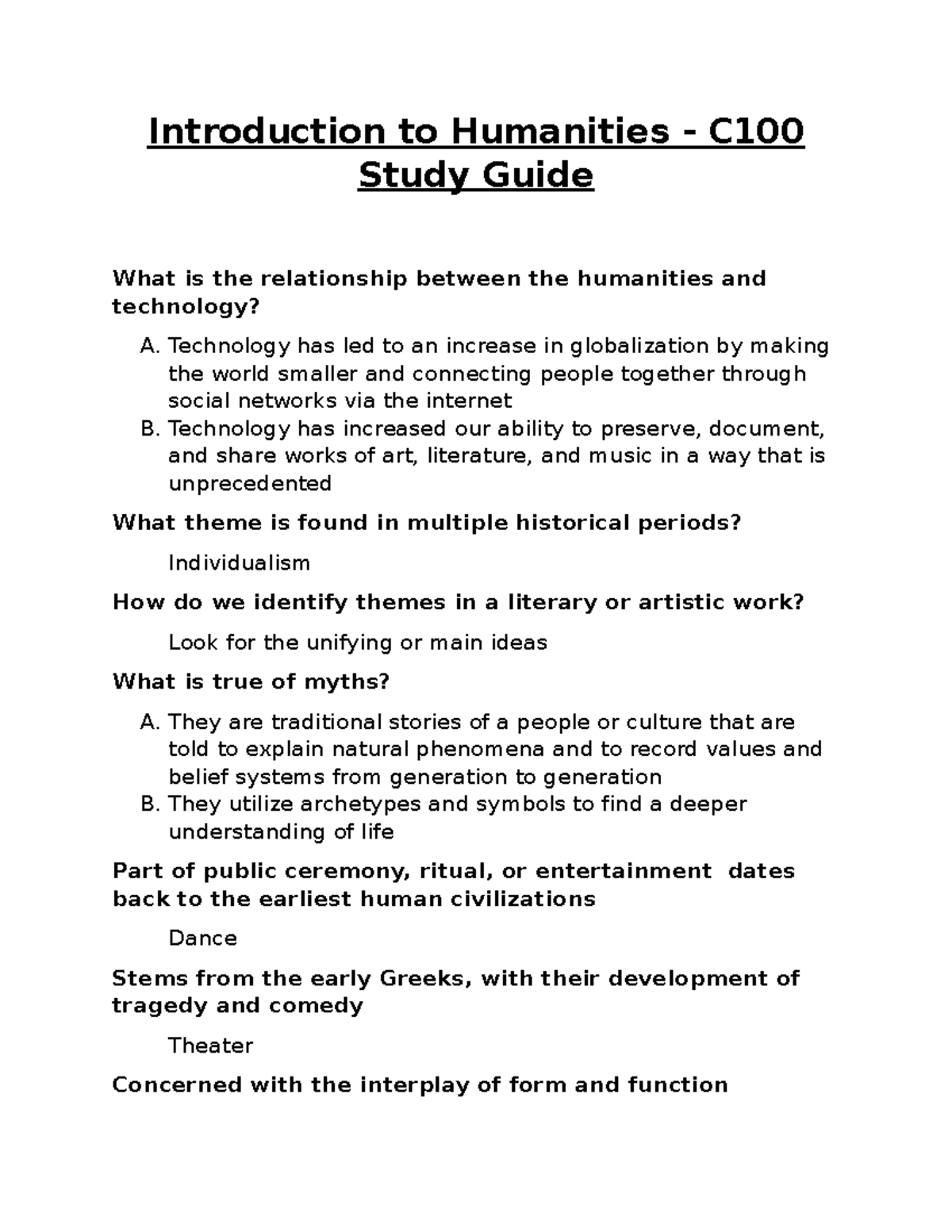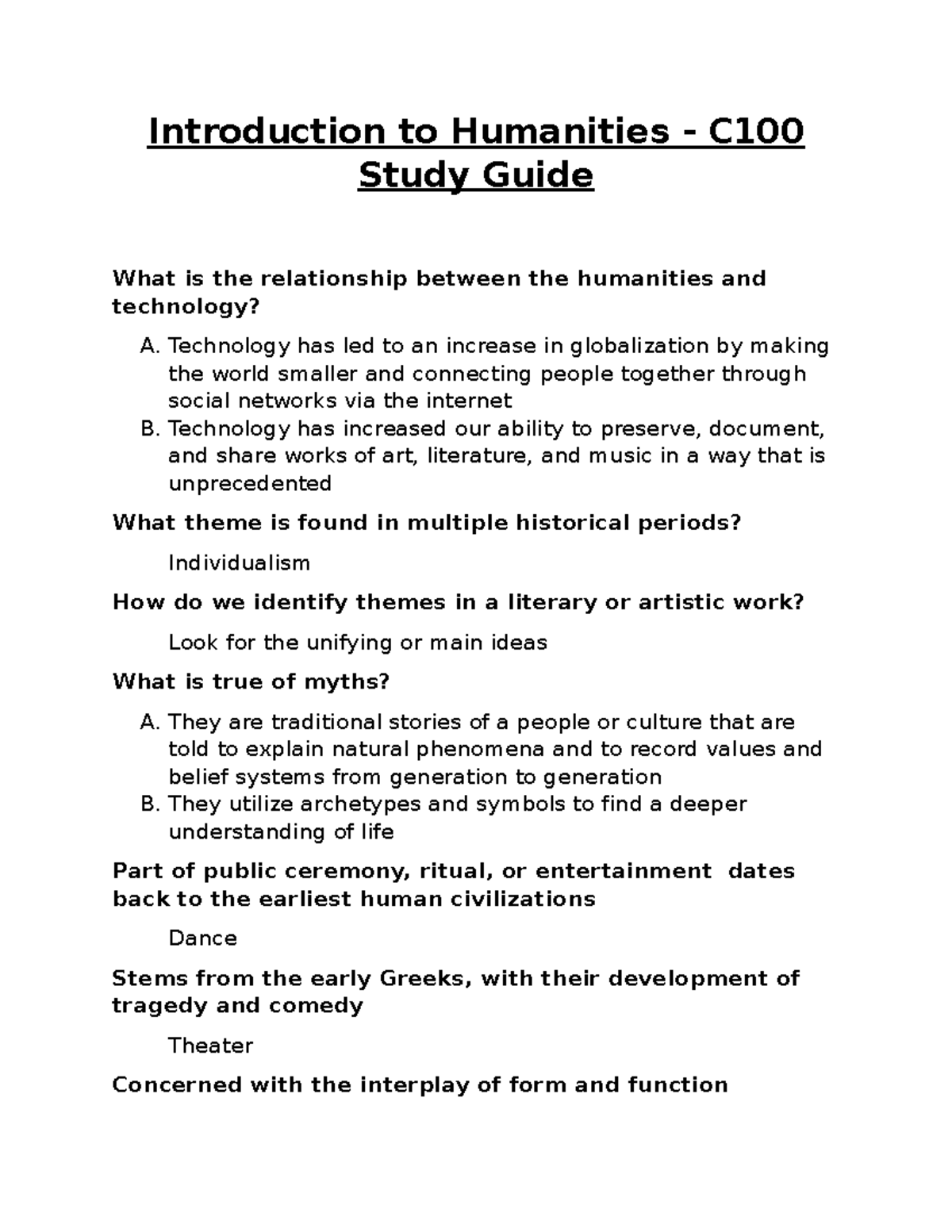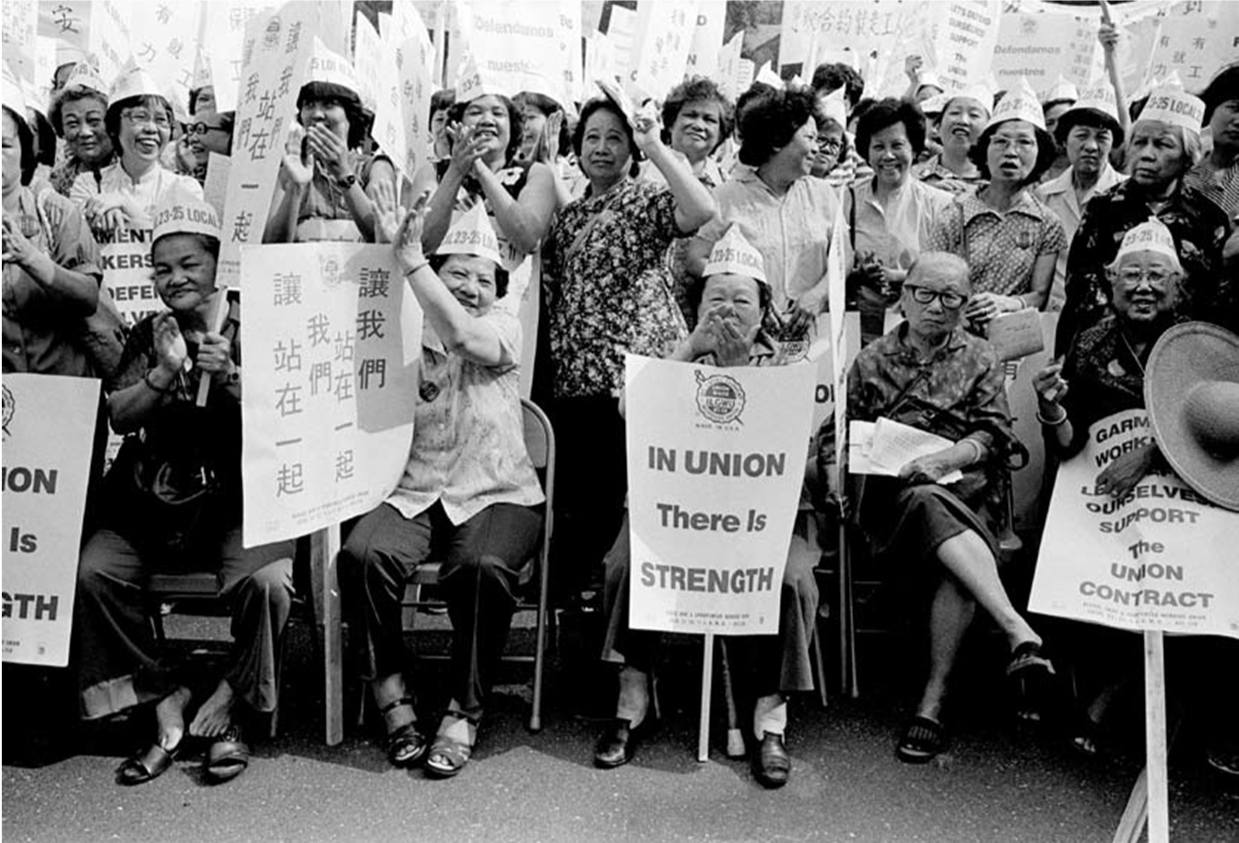Celeste Ng, a celebrated author known for her poignant narratives, vividly explores themes of identity and belonging in her works, especially in her latest novel, “Our Missing Hearts.” This compelling dystopian novel offers a gripping tale of a mother and her biracial son navigating a world where cultural origins can lead to dire consequences. Ng’s writing, rich with the struggles faced by Asian American characters, not only highlights the complexities of their experiences but also emphasizes that the personal is indeed political. Through her unique voice, she contributes to the evolving landscape of Asian American literature, proving that literature and art can challenge societal norms. As the landscape of her fictional universe begins to mirror our own reality, Ng’s insights become increasingly relevant, inviting readers to reflect on their own lives and the values of empathy and resistance.
In her literary explorations, Celeste Ng introduces readers to a poignant examination of family dynamics against the backdrop of a chilling future reality. Her narrative style deeply resonates with the intersectional themes prevalent in contemporary Asian American narratives, wherein personal stories reflect broader societal issues. Defined by a distinct blend of realism and speculative fiction, Ng’s novels, including her latest offering, delve into the complexities of motherhood and cultural identity amid a backdrop of societal upheaval. Here, the interplay between art and life becomes a powerful tool for reflection and activism, as her characters navigate a world fraught with injustice. As the lines between personal experience and political commentary blur, Ng’s storytelling serves as a vital conduit for understanding and connection.
Celeste Ng and The Power of Asian American Literature
Celeste Ng has emerged as a significant voice in Asian American literature, where her narratives intricately weave personal stories with broader political themes. In her latest work, ‘Our Missing Hearts,’ Ng explores the complexities of identity, culture, and the experience of being a biracial child in a dystopian setting. Through her characters, Ng sheds light on how familial ties can become strained under the weight of societal expectations and systemic biases. This is a vital diversion from the traditional narratives often presented in mainstream literature, creating a space where Asian American voices can resonate.
Ng’s exploration is emblematic of the diverse experiences of Asian Americans, an often overlooked segment in literary discourse. By focusing on personal struggles within the context of cultural identity, she offers readers a chance to connect with the characters’ realities, which reflect larger social issues. The recognition of these personal experiences as political statements resonates deeply in contemporary discussions on social justice, making her work both timely and poignant. Readers looking to understand the nuances of Asian American experiences will find Ng’s novels to be not only insightful but necessary.
Dystopian Themes in ‘Our Missing Hearts’
In ‘Our Missing Hearts,’ Celeste Ng crafts a chilling dystopia where anti-Asian sentiment is crystallized through oppressive societal structures. This narrative mirrors the realities of the world today, especially as cultural and historical erasure becomes a pressing concern. Ng’s portrayal of a future where ‘un-American’ art is banished serves as both a warning and a reflection of current anxieties regarding free expression. By drawing parallels between her literary world and the present, she compels us to consider the potential consequences of indifference to cultural diversity and inclusion.
The crafting of dystopian narratives has always been a powerful tool for authors, allowing them to explore the fragility of societal norms. In Ng’s case, the dystopian elements in her work offer a canvas to discuss the harrowing implications of familial separation and the broader social issues that accompany it. Through her protagonist Margaret and her son Bird, Ng delves into the psychological ramifications of living under constant surveillance and bias, echoing fears that many feel in their daily lives. This urgency in her storytelling encourages readers to confront uncomfortable truths about their own society and consider what is at stake if history continues to be ignored.
The Relationship Between Literature and Art
Celeste Ng emphasizes the interplay between literature and art as a form of resistance against oppressive narratives. In her discussion, she highlights how literature has the potential to evoke deep emotional responses that can catalyze social change. Art and literature, especially in times of crisis, can serve as a refuge and a platform for marginalized voices. Ng’s work encourages readers to reconsider the definitions of resistance art, showcasing how it can become a vital tool for solidarity and understanding in divided communities.
Furthermore, Ng acknowledges the significant role that resistance art played in highlighting issues of family separation during recent political upheavals. By presenting narratives that resonate on a personal level, authors like Ng engage readers in a way that bypasses intellectual resistance. The emotional core of her storytelling helps to humanize contentious topics, inviting audiences to question their own beliefs and roles in societal movements. Ultimately, literature becomes a vital thread in the tapestry of activism, proving that the personal indeed becomes political.
The Personal is Political: Insights from Ng’s Work
In ‘Our Missing Hearts,’ Celeste Ng skilfully reflects the mantra that ‘the personal is political.’ Her story weaves familial relationships into the broader societal fabric, showcasing how individual experiences of identity and race are shaped by external political forces. Ng illustrates that personal narratives can, and often do, encapsulate larger societal truths. By grounding her protagonists in relatable circumstances, Ng invites readers to see the political implications of their personal struggles, thus encouraging a more profound engagement with the world around them.
Ng’s exploration of motherhood, particularly in a time of crisis, is particularly compelling as she examines the sacrifices that mothers make for their children. This lens allows readers to appreciate the complexities involved in navigating cultural expectations while pursuing personal aspirations. Her work prompts discussions on the often-unseen pressures faced by marginalized communities, making the connection between one’s personal life and public policy strikingly clear. In doing so, she empowers readers to recognize their agency in effecting change within their communities.
The Impact of COVID-19 on Asian American Representation
The COVID-19 pandemic has exacerbated anti-Asian sentiment, a disturbing reality that Celeste Ng confronts in her literary work. As she creates fictional worlds that echo contemporary fears, Ng helps us understand the societal consequences of prejudice and discrimination. The rise in violence against Asian Americans during the pandemic highlights a critical juncture in the discourse surrounding racism and its real-world implications, making Ng’s storytelling resonate on multiple levels. She captures the urgency of these issues, providing a narrative foundation to raise awareness and foster empathy.
Through her nuanced portrayal of characters grappling with identity amid rising prejudice, Ng advocates for greater representation and understanding in literature. She illuminates the invisible struggles faced by Asian Americans, challenging readers to confront their biases and assumptions. By highlighting these themes, Ng contributes to a necessary dialogue about race and representation in storytelling. As a result, her narratives serve not just as entertainment but as essential reflections that can inspire social awareness and action.
Resistance through Art: Celeste Ng’s Vision
Celeste Ng’s work illustrates the concept of resistance through art as a crucial response to societal challenges. In her narratives, art is depicted as a lifeline, preserving culture and individual history when political climates threaten to erase them. By emphasizing the role of ‘un-American’ art and the efforts to keep it alive, Ng challenges readers to consider the value of creativity and expression in maintaining societal discourse during turbulent times. This perspective asserts that literature is more than just storytelling; it is a powerful tool for resistance and survival.
Moreover, Ng’s portrayal of librarians as guardians of forbidden literature symbolizes the importance of maintaining access to diverse narratives. In doing this, she advocates for the necessity of storytelling in safeguarding cultural heritage and fostering understanding. By encouraging readers to appreciate the emotional resonance of art, Ng allows them to connect with broader societal issues on a more profound level. The message is clear: the act of reading and creating literature is itself a form of resistance against oppression, vital in our pursuit of justice and equity.
Exploring Identity in Ng’s Characters
The exploration of identity in Ng’s novels, particularly in ‘Our Missing Hearts,’ offers a lens through which readers can examine the complex intersections of race, culture, and belonging. Her characters often grapple with questions of their identity in a world that imposes limitations based on ethnicity and background. Ng masterfully illustrates how cultural heritage can shape the experiences and challenges that her characters face, making their journeys resonate with readers from diverse backgrounds. This exploration of identity invites critical discussions on how societal norms influence personal narratives.
One of the key aspects of Ng’s character development is how these identities are portrayed with depth and nuance. For instance, the protagonist Bird, as a biracial child, navigates the complexities of his mixed heritage, embodying the dualities of cultural belonging and alienation. Ng’s focus on such characters encourages readers to reflect on their own identities and the external forces that shape them. This introspective approach enriches the reading experience, fostering empathy and understanding for individuals grappling with similar issues in real life.
The Role of Motherhood in Shaping Identity
Motherhood is a recurring theme in Celeste Ng’s work, presenting a powerful vehicle for exploring identity and sacrifice. In ‘Our Missing Hearts,’ Margaret’s journey as a mother underscores the emotional weight that comes with the role, especially in a society that limits her freedom and agency. Through her portrayal of a mother torn between personal passion and familial obligations, Ng effectively illustrates the intricate dance of love, sacrifice, and identity that mothers often navigate. This exploration adds layers of complexity to her characters, making them relatable and authentic.
Moreover, Ng raises poignant questions about the sacrifices mothers make when pursuing their creative endeavors. This is particularly reflective of her own experiences as a writer and mother. By examining the tension between creative aspirations and parental responsibilities, Ng gives voice to a myriad of women whose stories often remain unheard. Her work serves as a reminder that the challenges of motherhood are intertwined with broader social realities, emphasizing that the personal struggles of women are profoundly political.
Encouraging Hope in Uncertain Times
In her desire to craft a narrative of hope, Celeste Ng seeks to inspire readers amid uncertainty and despair. ‘Our Missing Hearts’ is not merely a dystopian tale; it is a reflection on resilience and the strength found in community. Ng’s characters face formidable challenges, yet their journeys are imbued with moments of grace and connection that highlight the importance of hope in driving change. This approach to storytelling is particularly resonant in today’s world, where many people feel overwhelmed by social and political upheaval.
By promoting the idea that literature can serve as a source of solace and motivation, Ng reinforces the belief that stories have the power to connect individuals and foster empathy. Her work encourages readers to engage with difficult themes while also nurturing a sense of optimism. In this light, literature becomes not only a means of escapism but also a path toward understanding and crafting a more just future. Ng’s emphasis on hope invites readers to recognize the potential for change, fostering a belief that every story can contribute to a greater narrative of resilience.
Frequently Asked Questions
What is the main theme of Celeste Ng’s novel ‘Our Missing Hearts’?
In ‘Our Missing Hearts’, Celeste Ng explores the theme of how the personal is political, focusing on a mother and her biracial son in a dystopian world where unpatriotic behavior is criminalized. The novel addresses the struggles of Asian American families and the tensions regarding cultural identity, reflecting the complexities of societal pressures.
How does ‘Our Missing Hearts’ relate to Asian American literature?
‘Our Missing Hearts’ is a significant contribution to Asian American literature, as it highlights the experiences of Asian American characters in a dystopian setting. Celeste Ng’s depiction of cultural tensions and anti-Asian bias resonates with broader themes in Asian American literature, emphasizing the personal struggles against political backdrops.
What is the significance of the dystopian elements in Celeste Ng’s work?
The dystopian elements in Celeste Ng’s novels, particularly in ‘Our Missing Hearts’, serve to mirror contemporary societal issues. Ng uses this genre to provoke thoughts on censorship, identity, and the impact of societal norms on personal lives—making her work both a reflection and critique of our current political landscape.
How does Celeste Ng address the concept of ‘the personal is political’ in her novels?
Celeste Ng skillfully intertwines personal narratives and political issues in her novels, including ‘Our Missing Hearts’. She illustrates how individual experiences, especially those of Asian Americans, are deeply intertwined with broader societal and political contexts, ultimately showing that personal stories can shed light on significant cultural realities.
What inspired Celeste Ng to write ‘Our Missing Hearts’?
Celeste Ng was inspired to write ‘Our Missing Hearts’ from her own experiences as a mother and her observations of societal trends, particularly regarding anti-Asian sentiments during the COVID-19 pandemic. Her reflections on family dynamics and the sacrifices made by mothers deeply influenced the narrative, blending personal experience with fiction.
Why is ‘Our Missing Hearts’ considered a hope-filled narrative by Celeste Ng?
Despite its dystopian themes, Celeste Ng describes ‘Our Missing Hearts’ as a story of hope. She aims to inspire readers by connecting the personal struggles of her characters with resilience and the possibility of change, emphasizing that even in dark times, literature can offer solace and encouragement.
How does Celeste Ng use art and literature to comment on societal issues in ‘Our Missing Hearts’?
In ‘Our Missing Hearts’, Ng emphasizes the role of art and literature as forms of resistance against oppressive societal norms. By portraying a world where ‘un-American’ art is banned, she critiques censorship and highlights how creative expression can challenge injustices and foster community understanding.
What writing techniques does Celeste Ng employ in her first drafts?
Celeste Ng describes her approach to writing first drafts as exploratory, allowing her to discover the core questions of her narratives. She believes in the importance of engaging her creative faculties without reliance on automation, ensuring her literary voice and perspective remain authentic and impactful.
What challenges does Celeste Ng face regarding tokenism in her career?
Celeste Ng confronts the challenges of tokenism, particularly the expectation to represent all Asian American experiences. She advocates for diverse narratives within Asian American literature, emphasizing the need for multiple stories that reflect the varied backgrounds and identities of individuals in the community.
| Key Points |
|---|
| Celeste Ng’s new book explores the interaction between personal experiences and political themes, particularly regarding Asian American identity. |
| In ‘Our Missing Hearts’, a mother and her biracial son navigate a dystopian future where ‘un-American’ behavior is criminalized. |
| Ng’s work responds to rising anti-Asian sentiment exacerbated during the COVID-19 pandemic, aiming to raise awareness of this bias. |
| The author uses fiction as a tool for emotional engagement, allowing readers to process complex issues indirectly. |
| She emphasizes the importance of individual stories in representing the diversity of Asian American experiences. |
| Ng’s writing process is deeply personal, and she values the creative engagement that comes with drafting without AI. |
| Ultimately, Ng hopes her stories, especially ‘Our Missing Hearts’, inspire hope in readers navigating difficult times. |
Summary
Celeste Ng’s literature skillfully merges the personal with the political, creating narratives that resonate deeply with contemporary societal issues. Her latest work, “Our Missing Hearts,” not only delves into complex family dynamics but also addresses broader themes of cultural identity and societal prejudice. By weaving fiction with real-world implications, Ng invites readers to reflect on their realities while igniting a sense of hope and resilience. In a world rife with disillusionment, her storytelling serves as a beacon of inspiration, emphasizing the power of art in understanding and challenging the status quo.










